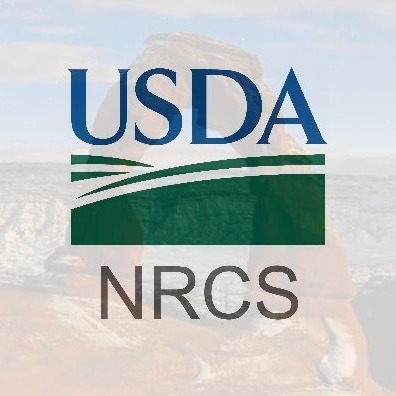Biochar Update: NRCS Introduces Soil Carbon Amendment Practice Available to Utah Landowners

In 2019, USDA Natural Resources Conservation Service (NRCS) introduced the Soil Carbon Amendment Practice Standard (808). The practice guidelines were revised in August 2020. The definition of the Soil Carbon Amendment Practice Standard (808) is to use amendments derived from plant or animal residues to improve the physical, chemical, and biological properties of the soil. NRCS has standards that they use which support various practices. The standards are used to treat resource concerns, or problems on the landscape that need to be addressed. NRCS currently has 47 resource concerns, four of which are related to soil health: organic matter depletion, compaction, aggregate instability, and soil organism habitat loss or degradation. The purposes of this practice, which address those resource concerns, are to maintain, increase, or improve soil organic matter quantity and quality, maintain or improve soil aggregate stability, maintain or improve habitat for soil organisms, improve plant productivity and health, improve moisture management and enhance the efficient use of irrigation water.
While the use of biochar is not a new practice, there is new science regarding biochar as it relates to soil health and NRCS hopes to incorporate that science in the way they plan by introducing this interim practice. Interim practices typically last for a three-year period. It is up to individual states to determine if they want to adopt an interim practice. The Soil Carbon Amendment (808) applies to all land uses where organic carbon amendment applications will improve soil conditions with the exception of native grasslands or fallow land. If the practice proves to be appropriate after the three years, NRCS will adopt it as a new practice within the agency.
To apply, visit the NRCS Application for EQIP or contact your local NRCS center.
If you wish to have your state adopt the practice, contact your state conservationist.
To learn more about biochar, visit the Utah Biomass Resources Group or United States Biochar Initiative websites.

